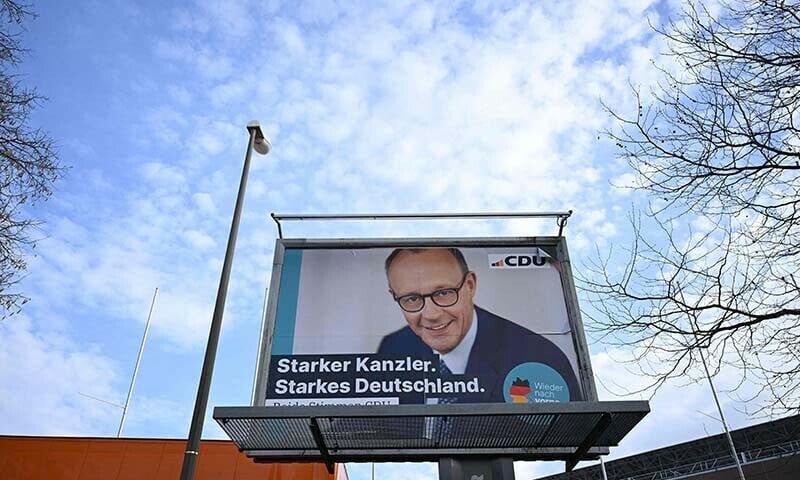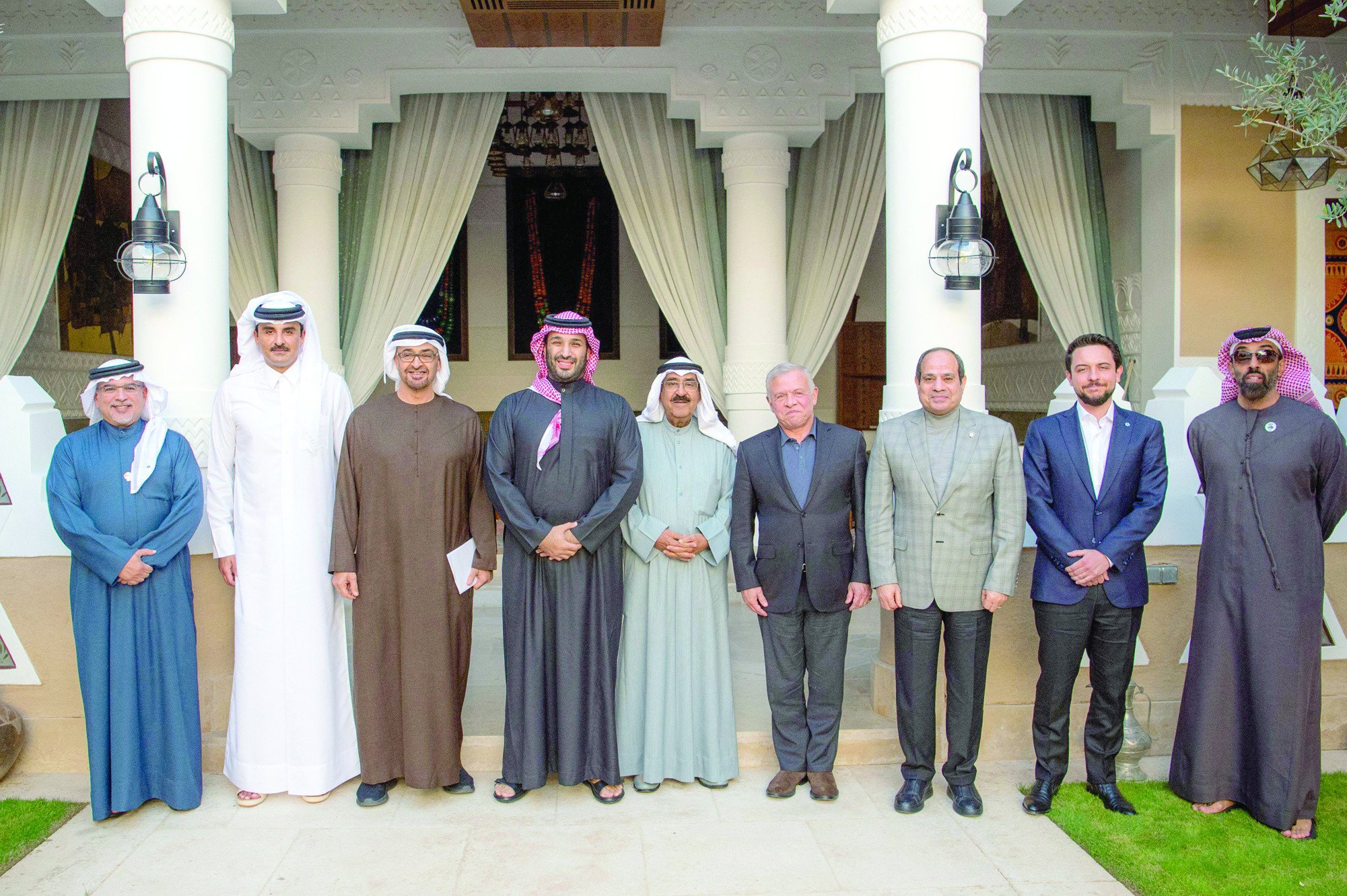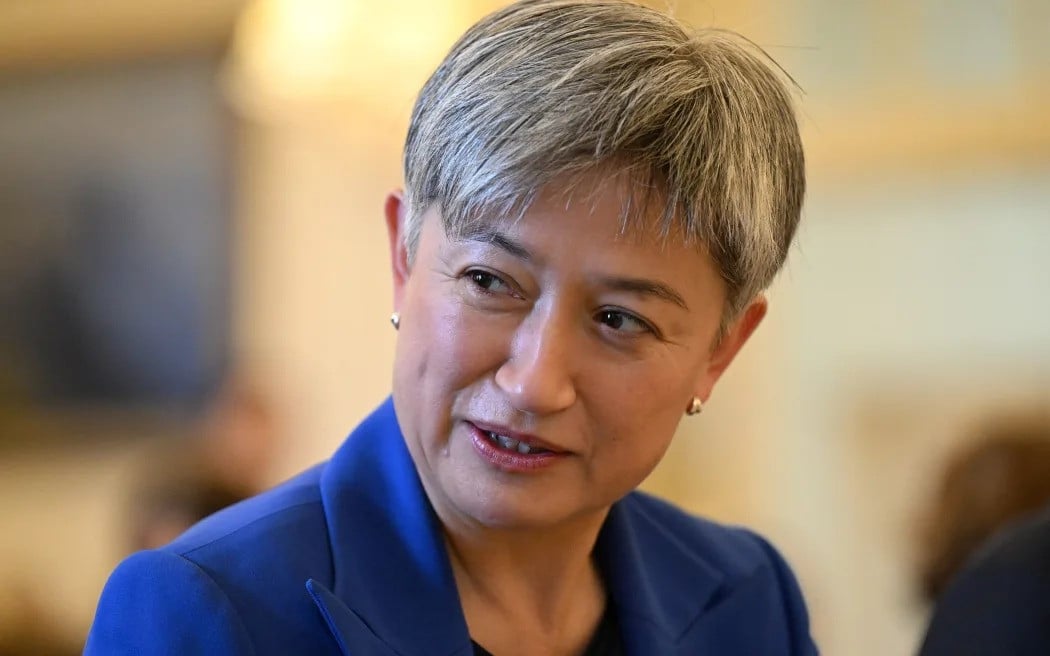
Germany claims Russian disinformation targeting election with fake videos |
Germany’s interior ministry on Friday warned of a Russian disinformation operation attempting to influence the country’s federal election campaign with fake videos spreading on social media in Hamburg and Leipzig.
The ministry said there were indications that the campaign was linked to the so-called “Storm-1516”, a pro-Russian influence operation previously observed in the 2024 US presidential election investigated by American authorities.
Security agencies in Leipzig and Hamburg have identified multiple pseudo-media sites and social media accounts as part of the network, reinforcing concerns over Russian interference in democratic processes.
Russia’s embassy in Berlin did not respond to a request for comment.
One video circulated in the eastern city of Leipzig gave the impression that a candidate for the far-right Alternative for Germany party was missed off an electoral list and that no second vote could be cast there for the party, according to the city’s official website.
The “Storm-1516” network spreads misleading or fake content through social media and its own websites, using sensational reports to maximise reach, the interior ministry said.
It first creates inauthentic social media accounts and pseudo-media sites as “sleepers”, initially filling them with neutral to pro-Russian content before activating them for disinformation.
“The city is currently examining what legal steps must be taken as a result of these videos,” Leipzig city authorities said in a statement.
On Thursday, researchers working with Germany’s Robert Bosch Foundation said a network of more than 700 fake social media accounts has sprung up in the last week of Germany’s election campaign, promoting pro-Russian narratives and demonising the conservative frontrunner for chancellor, Friedrich Merz.


